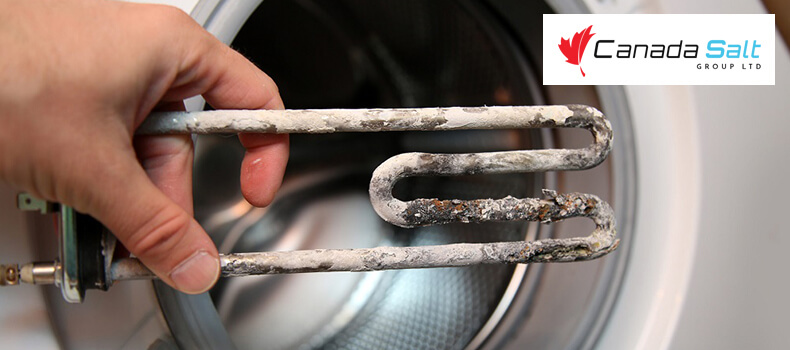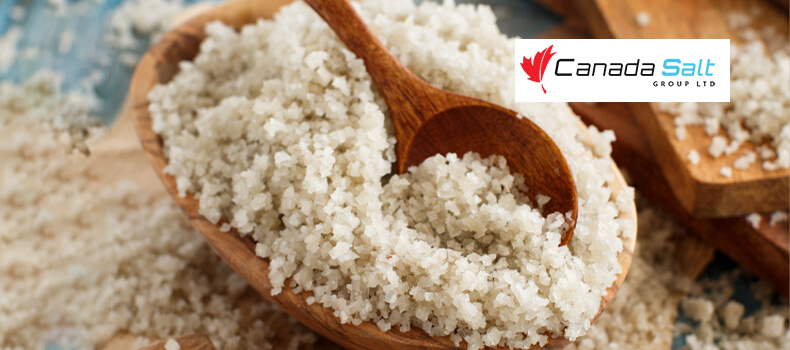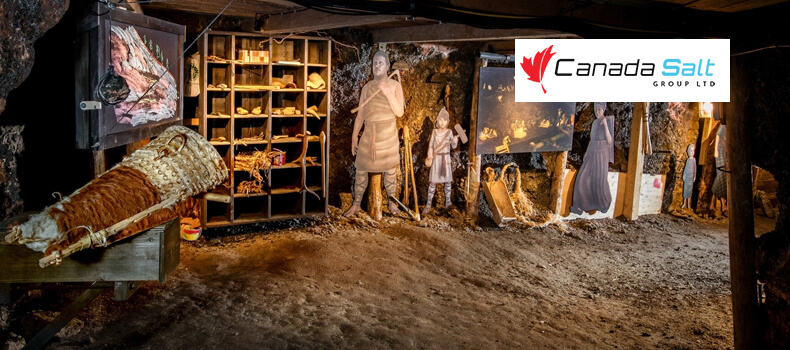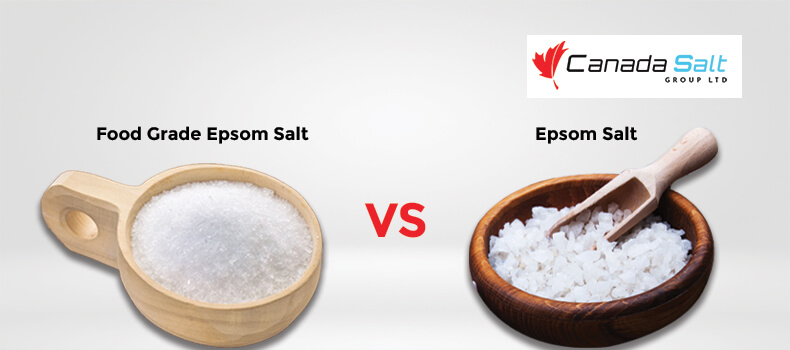What Happens When Water Softener Runs Out Of Salt?
The Most common way of avoiding hardwater is using a water-softening system that uses salt to produce soft water. Due to their efficiency, water-softening systems became popular for residential and commercial needs. If your water softener system runs out of salt, it may cause long-term damage to your fixtures and appliances. In this article, we will explain about what happens when water softener runs out of salt?
Understanding The Role Of Salt In A Water Softener
The Ion Exchange Method‘s introduction significantly enhanced the quality of water. It permits ion exchange, which removes dissolved ions from the solution and exchanges them for other ions. These days, ion exchangers are a part of every industrial and domestic water-softening equipment. When it comes to water softeners, sodium (Na) and chloride (CI) ions are used to replace the calcium (Ca) and magnesium (Mg) ions that are responsible for water hardness.
Effects Of Running Out Of Salt In A Water Softener
Resurgence Of Hard Water Problems
If your water softener has run out of salt, then the water which comes from it will reflect hardness resulting in stains on whatever it touches, like Home appliances, Glassware, Cutlery and crockery, Taps and Faucets, etc.,
Potential Damage To Appliances And Plumbing
- Calcium and magnesium deposits accumulate and block the pipes, reducing the performance of your water heater and increasing your electricity bill.
- White stains can be observed on the glass, faucets, shower heads, and other fittings. Cleaning it can be challenging, resulting in the replacement of the fixtures.
- Dishwashers leave residue on utensils and glassware and ultimately lose their efficiency.
Impact On Personal Care And Hygiene
Usage of hardwater can cause irritation and dryness to the skin, and the hair becomes dry and muted. Soap doesn’t give lather and leaves residue on skin surfaces. Eyes become itchy and dry. Toothpaste effectiveness is reduced and builds up the mineral scale, resulting in yellowness and dullness of the teeth.
Common Signs Indicating Low Salt Levels
Decreased Efficiency Of The Water Softener
- You should always check your softener system for salt levels and never let it run out. The water won’t be softened if there is no salt in the system, making the entire system useless.
- Suppose your water softener system is out of salt. In that case, the indications can be the stains on whatever it touches, and the tank will overflow as the system’s shutoff valve can’t be stopped. If early action is not taken, hard water minerals will build up in your pipes and can cause damage to the appliances.
Changes In Water Quality And Usage
Suppose there are low salt levels in your water softening system. Using such water doesn’t produce any lather and may lead to skin-related issues and hair frizziness. In that case, the water quality also affects our daily routine and hygiene.
Preventive Measures To Avoid Running Out Of Salt
Suppose your water softener system is not so advanced. In that case, it is advised to check the salt level available in the brine tank by opening it. If the salt is less than half the tank, you must refill it. We must ensure that the salt must be only for 3/4th of the tank so that the water has enough room to undergo the process. Filling the tank with too much salt can affect the regeneration process. You should regularly check the salt tank at least once in 6 or 8 weeks. It is advised to store some bags of water softener salts for refilling the salt tank whenever it runs out of it.
Steps To Take When The Water Softener Runs Out Of Salt
If your water softener system runs out of salt completely, do not panic. Shut off the main valve, clean the entire salt tank for any waste left behind, refill the tank with water softener salt again, flush out all the hardwater residue throughout your pipe system, and wait some time to let the softwater circulate all over the household. But keep this from happening frequently, as it can damage the pipes and other home appliances by depositing minerals.
Conclusion
It is recommended to regularly check the salt levels in your water softener tank and refill it accordingly. If the softener runs out of salt, the whole plumbing system will be affected by the mineral and lime buildup, affecting the efficiency of water-based appliances like water heaters, dishwashers, etc., and maintaining proper water softener salt stock for backup. However, If you want a good quality and reliable water softener salt supplier, contact Canada Salt Group Ltd, the largest salt supplier in the United States and Canada.





